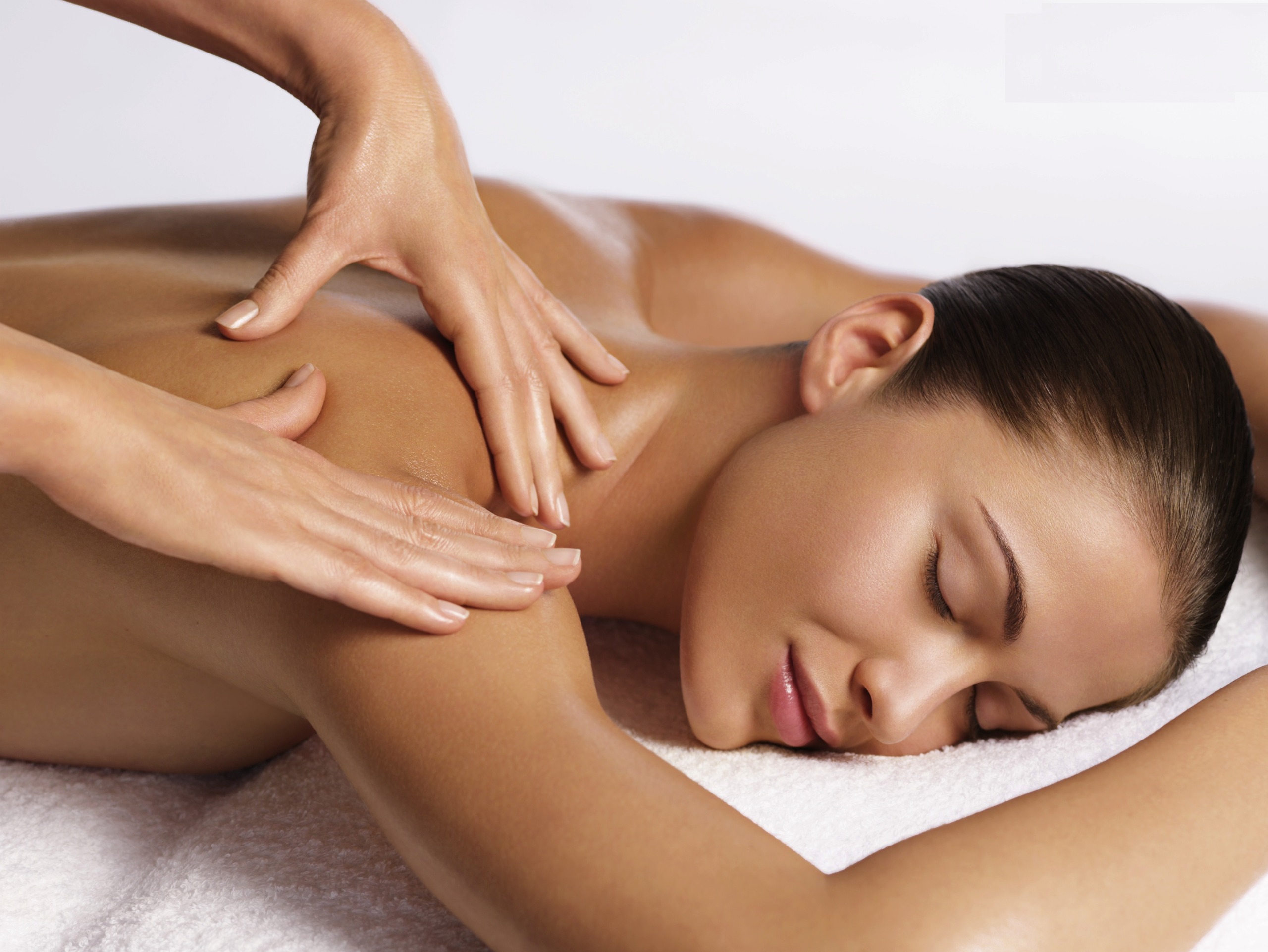Health
Relaxing by Design

When it comes to relaxing, there are two basic approaches to the idea. The first of those could be called relaxing in a recreational manner.
This category would include reading a book, watching a movie or going for a walk.
But then there is relaxing in an even more purposeful manner – relaxing for the sole purpose of calming the mind and slowing down the body’s functions. This would be relaxing not by listening to music, but listening to a tap water and wind sounds, while sitting in a dark room. There are relaxation techniques that include the power of suggestion, yoga, massage, meditation or even going to therapy.
Massage Therapy:
You can learn to relax from two different starting points. One of those is to relax the mind – to calm the mind – and let your body slow down and relax on its own. Or you can relax the body, at which point your mind will follow suit.
A massage is one of the quickest ways to force your body to relax in a manner that certainly erases some of the mind’s anxieties at the same time. Among the pros of massages: They are very portable – you can receive (or give) a massage to someone sitting in a chair or lying down, although most people need to lie down to fully relax. Some recommend a portable massage chair as a reasonable compromise.
It is highly recommended that you find a licensed masseuse to administer the massage. Having said that, there are several styles of massages and you should discuss this with your masseuse so that you can decide the right style for yourself.
Yoga:
You can learn yoga out of a book, but many people go to yoga classes to learn what happens to be a great way to relax and keep your body flexible and toned at the same time.
Why attend a class, when you can just look at pictures in a book and figure out the practice of yoga by yourself? Well, not so fast. Yoga derives from a Hindu practice that is both ascetic and spiritual – and it involves breath control and meditation in order to be complete.
In other words, people practicing yoga are not just twisting themselves into artful poses and holding that pose for a quite hour or two. So, it helps to have a mentor not only teach you the positions that are used, but guide you through the spiritual aspects of yoga at the same time. Why miss half the fun?
Meditation:
There are dozens, if not hundreds of style of meditation. And, like yoga, mediation is far more complicated that it appears. In order to be done successfully, it is recommended that you find a teacher who can guide you through a specific meditation style.
The reason is simple: Meditation is not just about sitting still in a quiet room. It often involves either chants or private mantras that you say quietly to yourself. There are some universal mediation sounds, like “ohmmm” that are simple, pleasing, meaningless sounds you repeat in your mind in order to allow yourself to spend time without any troublesome, anxiety-provoking thoughts for a while. Yet, again, this seems like a deceptively simple explanation and a mentor or a guide is highly recommended is you want to learn how to meditate.
Power of Suggestion:
The power of suggestion is an incredible tool for learning how to relax and is especially useful for people with modest to high anxiety levels.
This is one of those don’t knock it until you’ve tried it techniques. For some people this works amazingly well. For others, not so much. But don’t give up after initial failures. There are many different relaxation scenarios and none of them work for everybody. So keep looking until you find one you like.
What I am talking about is a relaxation tape or download. I had one that started with some very calming musical sounds in the background and a calming voice that talked you through a scenario in which you imagined you were in an elevator that was about to go down. Then, the coaxing voice said, imagine your toes were getting warm. Then your feet and ankles were getting warm. Then your calves. Then your legs, and so on.
Again, if that sounds contrived – certainly it was – it didn’t matter, because it worked for me. On the other hand, there were three other relaxation scenarios on that same recording and two of them didn’t work for me at all. So, just keep looking until you find one that works for you.
Talk Therapy:
Talk therapy is certainly an option for anyone not able to relax, although it is too involved a discussion to fit into an article of this size. Still, you might consider looking into talk therapy if nothing else works.
-

 Tech11 years ago
Tech11 years agoCreating An e-Commerce Website
-

 Tech11 years ago
Tech11 years agoDesign Template Guidelines For Mobile Apps
-

 Business6 years ago
Business6 years agoWhat Is AdsSupply? A Comprehensive Review
-

 Business10 years ago
Business10 years agoThe Key Types Of Brochure Printing Services
-

 Tech8 years ago
Tech8 years agoWhen To Send Your Bulk Messages?
-

 Tech5 years ago
Tech5 years ago5 Link Building Strategies You Can Apply For Local SEO
-

 Law5 years ago
Law5 years agoHow Can A Divorce Lawyer Help You Get Through Divorce?
-

 Home Improvement6 years ago
Home Improvement6 years agoHоw tо Kеер Antѕ Out оf Yоur Kitсhеn































